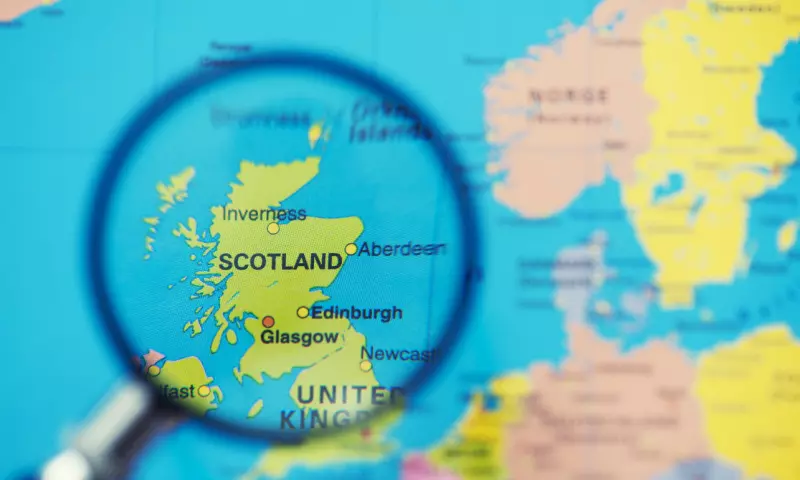Air quality
Good air quality is important for health. Air pollution is a widespread problem affecting many large towns and cities in the UK, including Glasgow. Raised levels of air pollutants such as nitrogen dioxide (NO2) and small particulate matter (PM2.5 & PM10) can damage individual and public health. Particulate matter comes from a wide range of sources, some of which are naturally occurring (such as sea salt, dust, pollen, forest fires and even the Sahara desert). There are several sources of particulates emitted by human activity directly as primary particulates, or through secondary particulates formed by reactions involving other pollutants. The main sources are combustion processes including industrial processes, vehicle exhausts and waste incineration, as well as quarrying processes and construction activities. The majority of PM10 emissions within Glasgow are attributable to road traffic, mostly from diesel engines but also from tyre wear and brake dust. These fine particles can be carried deep into the lungs where they can cause inflammation and can worsen the condition of people with heart and lung diseases. In addition, they can carry carcinogenic compounds into the lungs.
Glasgow in many ways typifies the modern developed city where road traffic tends to be the major air quality concern, superseding a long industrial heritage. Because of this, the main areas within Glasgow which experience air pollution problems tend to be busy, congested roads with buildings on either side. This traps the pollution and prevents it from dispersing effectively.



